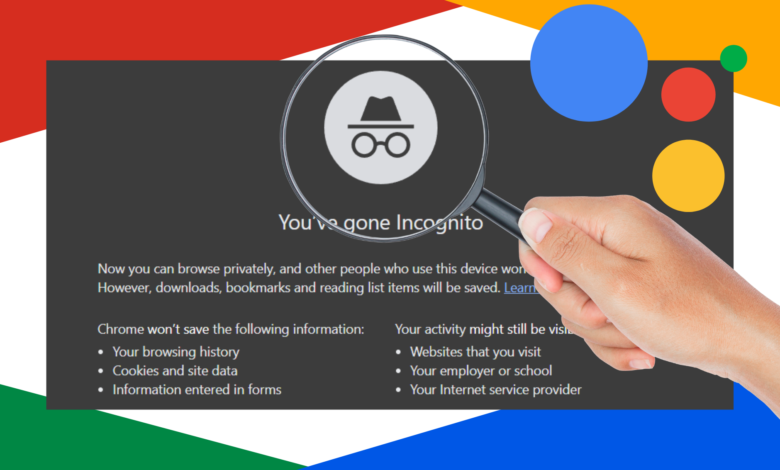
Google has updated its Chrome “incognito” disclaimer weeks after agreeing to settle a $5 billion lawsuit over allegations of tracking users’ activity even when using the browser in its discreet mode.
MSPowerUser noted the change on the latest Canary build of Google Chrome, version 122.0.6251.0. The updated disclaimer states: “Others who use this device won’t see your activity, so you can browse more privately. This won’t change how data is collected by websites you visit and the services they use, including Google. Downloads, bookmarks, and reading list items will be saved.”
The previous version said: “Now you can browse privately, and other people who use this device won’t see your activity. However, downloads, bookmarks and reading list items will be saved.”
In an email to The Verge, Google spokesperson José Castañeda said the “change provides “even more information to users about incognito Mode,” and that the company was “pleased to resolve this case which we’ve long disputed.”
The move is in response to a 2020 class action lawsuit in which Google faced claims it was collecting user data through its services in incognito mode. The Silicon Valley company denied the allegations, stating that they mention websites do collect data in incognito, even though this does not appear in the disclaimer itself.
The plaintiffs also contended that Google’s activities turned over an “unaccountable trove of information” about users who thought they were protecting their privacy.
A settlement was reached in December, however, it is still yet to be approved by a federal judge. The terms have not been reached, but lawyers said they have agreed to present a final agreement for court approval by February 24th.
Google fails to end privacy lawsuits
U.S. District Judge Yvonne Gonzalez Rogers had rejected Google’s bid to dismiss the claims in August last year, citing various statements from Google, including those in its privacy policy, that implied there were restrictions on the data it could gather.
According to Reuters, Rogers wrote, “Taken as a whole, a triable issue exists as to whether these writings created an enforceable promise that Google would not collect users’ data while they browsed privately.”
The tech company has faced several privacy lawsuits over the years, including reports that it violated federal wiretap laws. Google had mistakenly intercepted emails, user names, passwords and user data from Wi-Fi networks between 2008 and 2010 while they were creating the Street View application.
Featured Image: Canva
Source link




